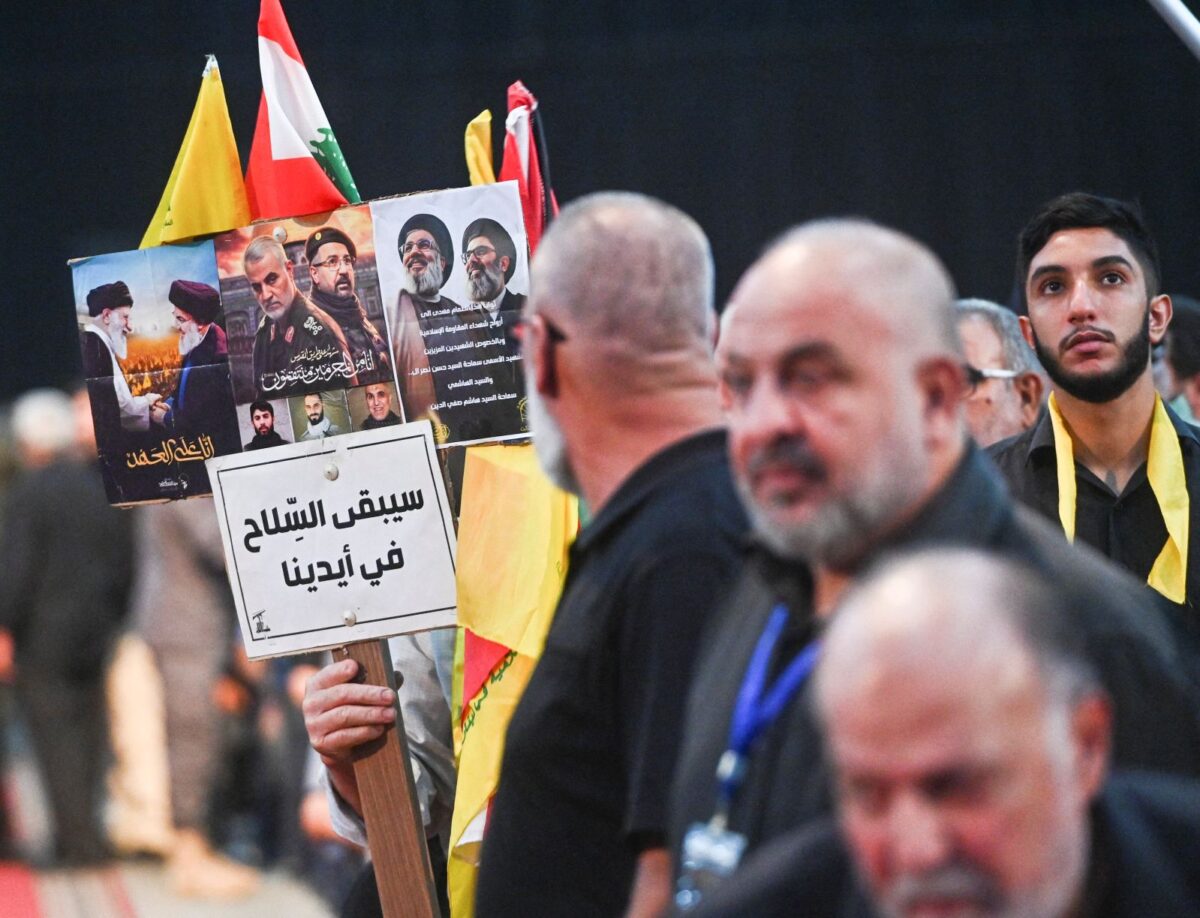
This past week exposed, yet again, the contradictions at the heart of Lebanon’s crisis. Hezbollah reached out to Saudi Arabia, Israel continued its strikes in the South, and U.S. envoy Tom Barrack demanded that the Lebanese government make clear decisions on disarmament. These events may seem disconnected, but together they reveal the deeper structural problem: Lebanon cannot survive with two sovereignties.
Hezbollah’s overture to Riyadh is telling. For decades, the party positioned Saudi Arabia as an enemy, blaming it for everything from the war in Yemen to Lebanon’s economic collapse. Now, after the Qatar attack and shifting Arab dynamics, Hezbollah suddenly extends a hand. This is not strength. It is desperation. It is the behavior of a group that misread the Arab talks, and now scrambles to re-legitimize itself as regional currents move without it.
At the same time, Hezbollah continues to rearm. This is not only a military violation; it is a political one. Every new shipment of weapons further entrenches Lebanon’s dual-sovereignty dilemma: a formal state stripped of capacity, and a non-state actor that monopolizes violence. The Lebanese government becomes a façade, unable to govern or protect, precisely because Hezbollah made sure it could not.
Israel’s strikes, too, must be seen in this context. They are a violation of the ceasefire but so is Hezbollah’s rearmament. Both sides operate under the security dilemma: each insists it is acting defensively while blaming the other for escalation. The result is predictable: a ceasefire that exists on paper, but not in practice.
And yet, in moments of crisis, pro-Hezbollah voices — and even some critics — fall into the same trap. They cry out: “Where is the state? Why isn’t it protecting us?” But the state they invoke has been systematically hollowed out by Hezbollah itself. To demand that the Lebanese Army protect while Hezbollah arms is to miss the point. Worse, it serves Hezbollah’s narrative: that the state is weak, sovereignty is a myth, and only resistance can shield Lebanon. Even critics who echo this line risk becoming useful idiots in Hezbollah’s propaganda machine.
This is why Tom Barrack’s message matters. Containment — freezing arms in warehouses, limiting movement — buys time, but it does not solve the problem. It is negative peace: the absence of war without the presence of sovereignty. Containment only postpones the next round of conflict. Without a decisive state policy of disarmament, every lull is simply the prelude to the next eruption.
Haven’t Lebanon had enough pauses? Lebanon deserves more than a pause this time. It deserves sovereignty. That cannot be achieved by half-measures, nor by waiting for Hezbollah to voluntarily weaken itself. It requires clarity, courage, and decisions that past governments have been too afraid to take. The alternative is what we are living: a state without authority, a people without protection, and a future without peace.
Ramzi Abou Ismail is a Political Psychologist and Senior Research Fellow at the Institute for Social Justice and Conflict Resolution at the Lebanese American University.
The views in this story reflect those of the author alone and do not necessarily reflect the beliefs of NOW








